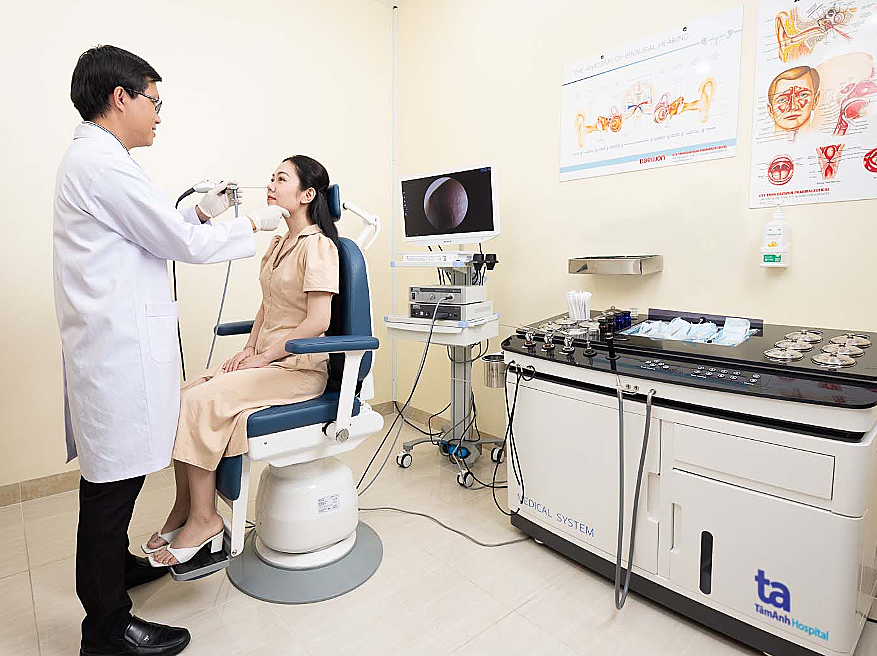Answer:
Allergic rhinitis is a condition where the nose becomes irritated and inflamed, not due to viruses or bacteria, but due to allergens such as pollen, animal dander, dust, mites, cold weather, humidity, and odors. There are two types: seasonal allergic rhinitis (cyclic) and perennial allergic rhinitis (non-cyclic), which occurs whenever there's exposure to an allergen.
Common symptoms of seasonal allergic rhinitis include an itchy nose, continuous sneezing, red and itchy eyes, watery eyes, runny nose with clear mucus, burning sensation in the conjunctiva and throat, lethargy, fatigue, and headaches. These symptoms can last from a few days to a week and often recur at the same time each year.
Perennial allergic rhinitis typically causes a runny nose, sneezing, and nasal discharge upon waking, which gradually decreases throughout the day, recurring upon contact with allergens. In more severe cases, patients may sneeze continuously for hours, experience thick nasal discharge, postnasal drip, nasal congestion, and mouth breathing. Chronic cases can lead to near-constant nasal congestion, headaches, loss of smell, snoring, mouth breathing that can cause pharyngitis, bronchitis, and allergic bronchitis.
In cases of secondary bacterial infection, antibiotics and antigens are prescribed by a doctor. Without proper treatment, the condition can worsen, leading to complications like chronic sinusitis and nasal polyps, impacting quality of life.
 |
Doctor Phat performs a nasal endoscopy on a patient. Photo: Tam Anh General Clinic, District 7. * |
Allergic rhinitis is a congenital, often hereditary and chronic condition. While not life-threatening, it causes significant discomfort and reduces the patient's quality of life. Currently, there's no definitive cure. Treatment focuses on managing symptoms, limiting recurrence, preventing complications, and improving the patient's quality of life.
Treatment often involves antihistamines, eye drops, and nasal sprays. Patients should also avoid allergens like pollen, dust mites, and pet dander by wearing masks, keeping their homes and bedding clean, using air purifiers, and rinsing their noses with saline solution.
Tests using 60 common allergens are available to identify specific triggers, aiding prevention and reducing recurrence. Immunotherapy, involving gradual exposure to increasing amounts of allergens, can help the body adapt. As tolerance builds, symptoms may decrease.
If symptoms persist despite 5-7 days of medication, nasal hygiene, and other measures, consult an ENT specialist. Avoid overuse of nasal decongestant sprays for immediate relief. Strengthen your immune system through a healthy diet, adequate rest, stress management, and light exercise.
MSc. MD. Specialist Level I Truong Tan Phat
Head of ENT Unit
Tam Anh General Clinic, District 7
| Readers can submit questions about ear, nose, and throat conditions here for doctors to answer. |












